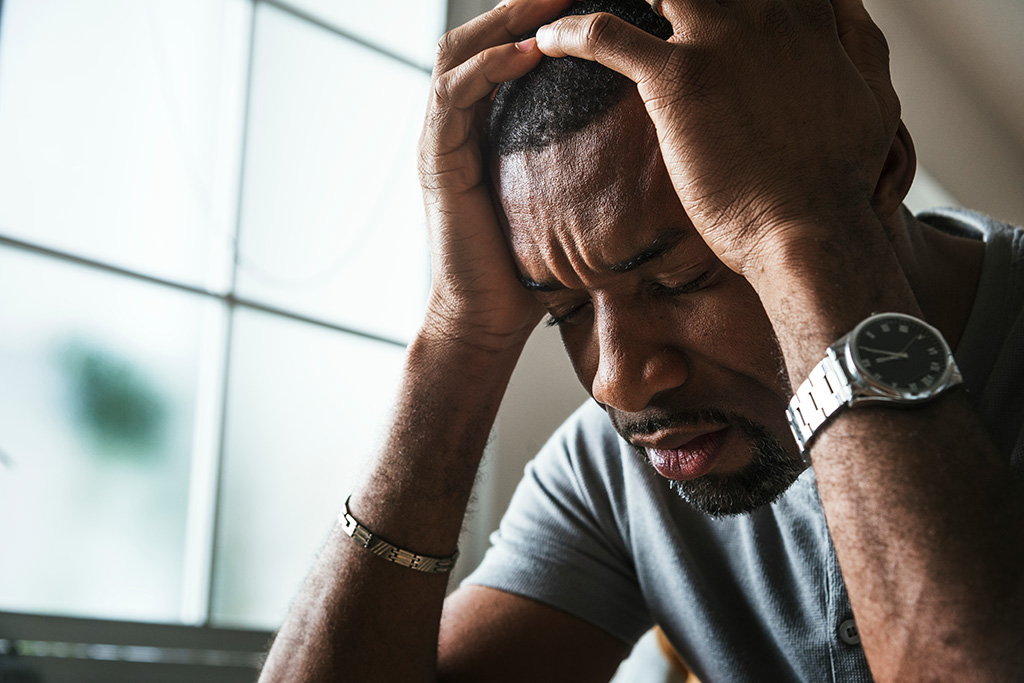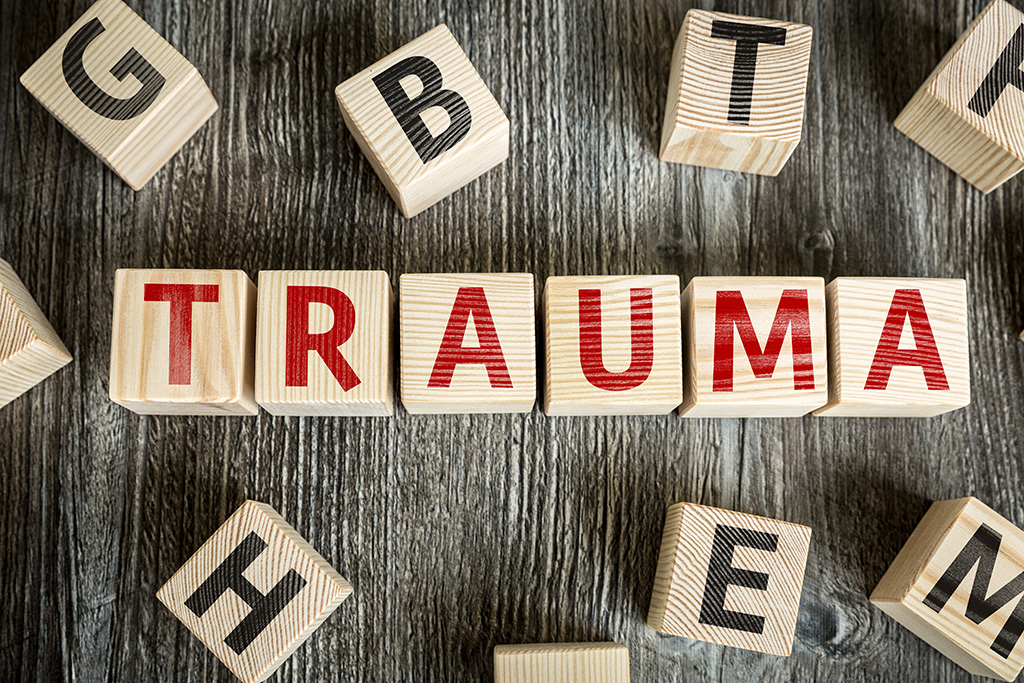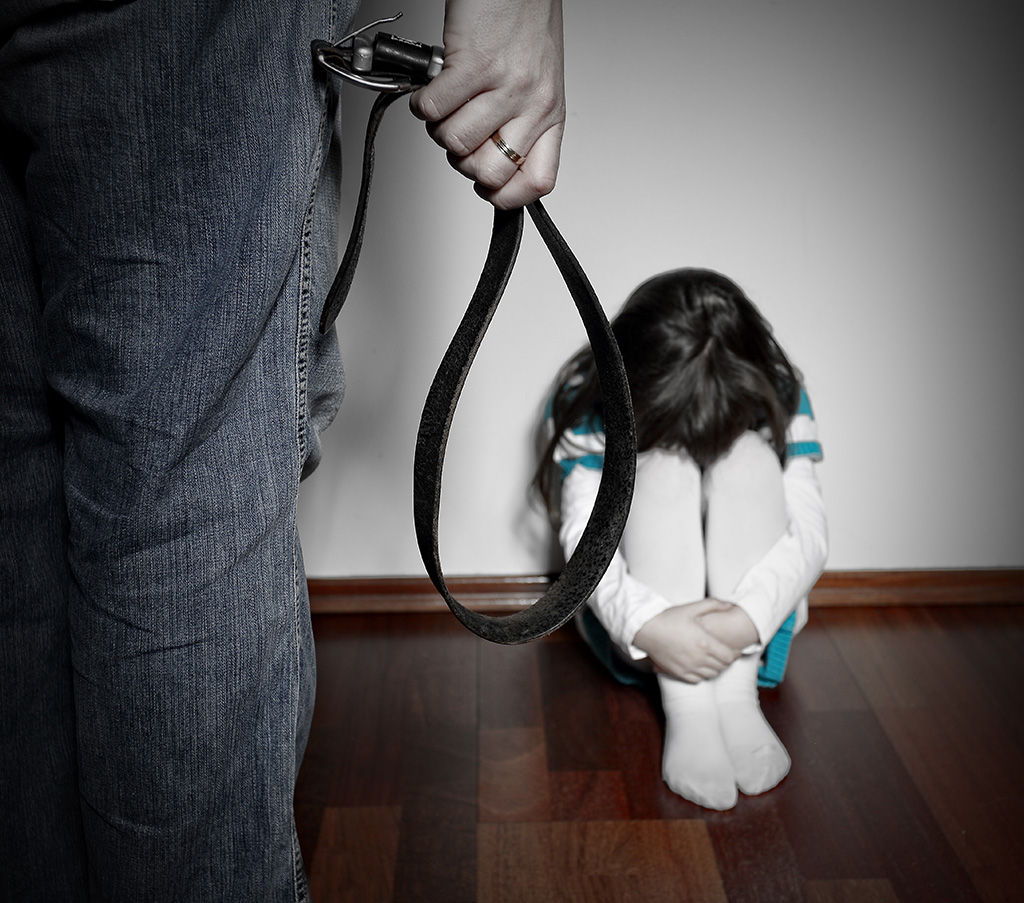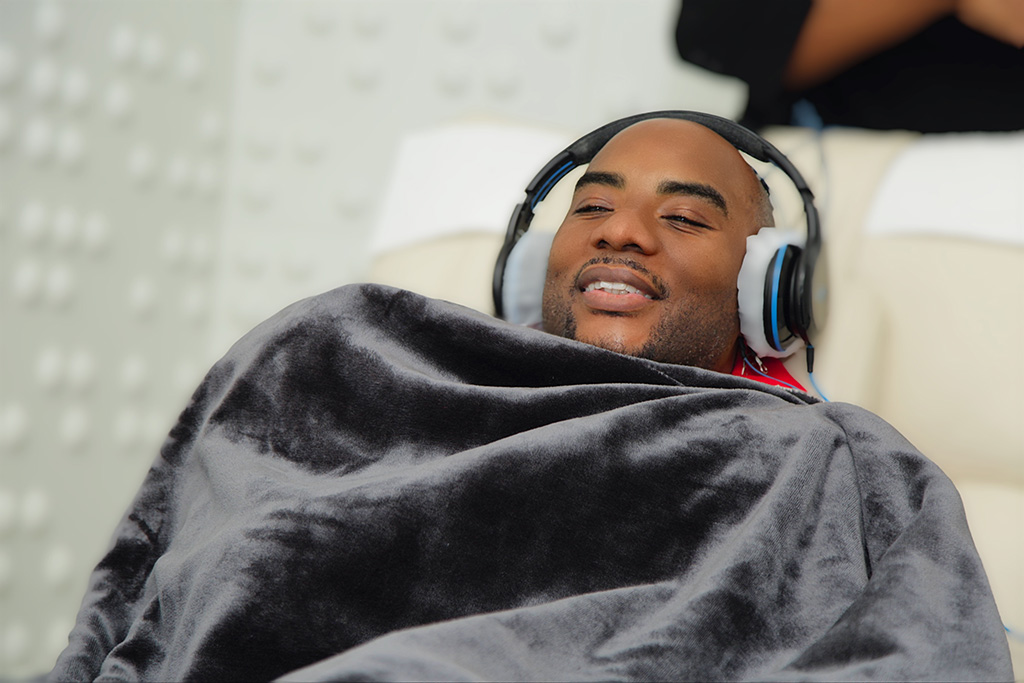THE
SCIENCE
The Stress Response
The human organism is meant to survive thus causing an automatic physiological reaction to an event that is perceived as stressful or frightening.


Physical Responses
The sympathetic nervous system triggers a stress response that prepares the body to fight or flee called the fight/flight response. Through a combination of nerve and hormonal signals, the sympathetic nervous system prompts the body to release a surge of hormones including adrenaline and cortisol which increases the heart rate, elevates blood pressures and boosts energy supplies as part of the fight/flight response.
The parasympathetic nervous system can invoke the freeze response if you are not able to fight or run. During the freeze response “freezing up”, “numbing out” or dissociating from the present moment is about the only and best thing you can do. Being physically, mentally, and emotionally immobilized, you do not feel the enormity of what is happening to you. Some of the chemicals that are secreted during this freeze response like endorphins function as an analgesic, so the pain of the body or psyche is experienced with less intensity.


Psychological Responses
When faced with a perceived threat, we not only have a swift in our bodies but in our psyche as well. According to Eric Kuelker, PhD, Rpsych, psychological injuries are sustained when an individual is exposed neglect, abuse, violence, disrespect and traumatic events, whether during childhood, as adults or in the workplace. Dr. Kuelker theorizes that psychological injuries are responsible for several mental challenges such as depression, anxiety, bi-polar disorder, schizophrenia, etc.
ACES Study
During the mid-1990s, the Adverse Childhood Experiences study (ACEs) found a significant relationship between individuals who experienced all types of abuse and neglect during childhood and negative outcomes in adulthood, including poor physical and mental health, high suicide rates and addiction.


Addressing the Stress Response
In 1975, Dr. Herbert Benson, an American medical doctor, brought the importance of relaxation to the forefront as a helpful way to bring the body back to pre-stress levels.
Dr. Benson stated when we relax, the flow of blood increases around our body giving us more energy. Relaxation also helps us have a calmer and clearer mind that aids in positive thinking, concentration, memory, and decision making.
At Inception we acknowledge that people experience many types of physical and emotional challenges and address the stress response by:
- Providing several researched-based modalities that work to bring both brain and body into balance, release tension and provide a relaxing and healing experience.
- Inviting the brain and central nervous system to shift out of fight/flight or freeze.
- Enabling the mind and body to thoroughly rest with the zero-gravity approach.
- Helping the body to reduce inflammation, ease pain, and maintain healthy levels of cortisol.


